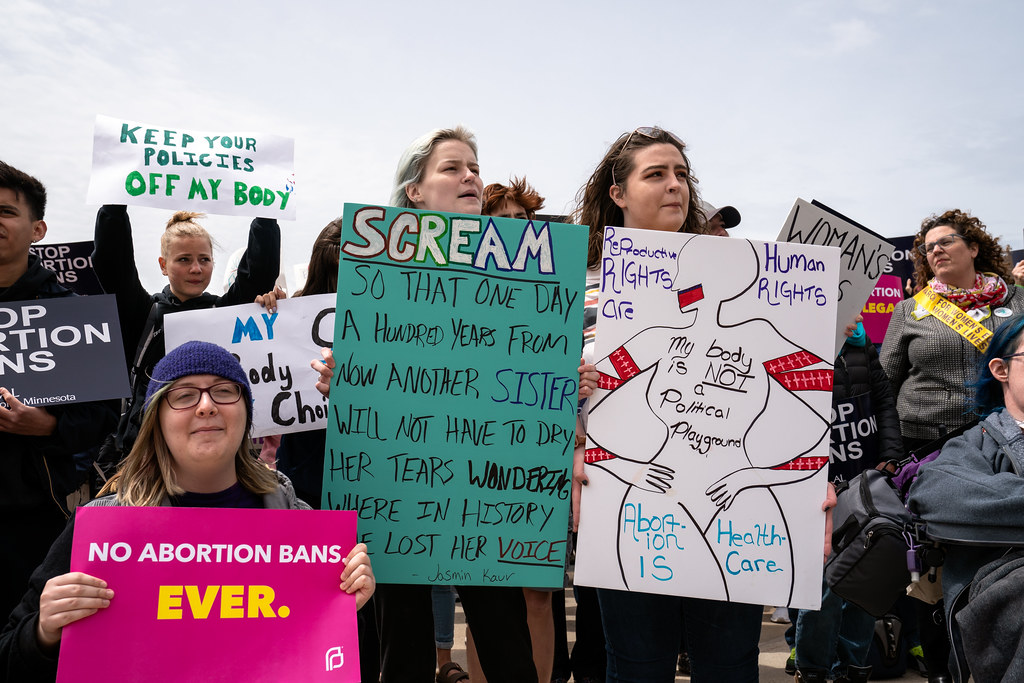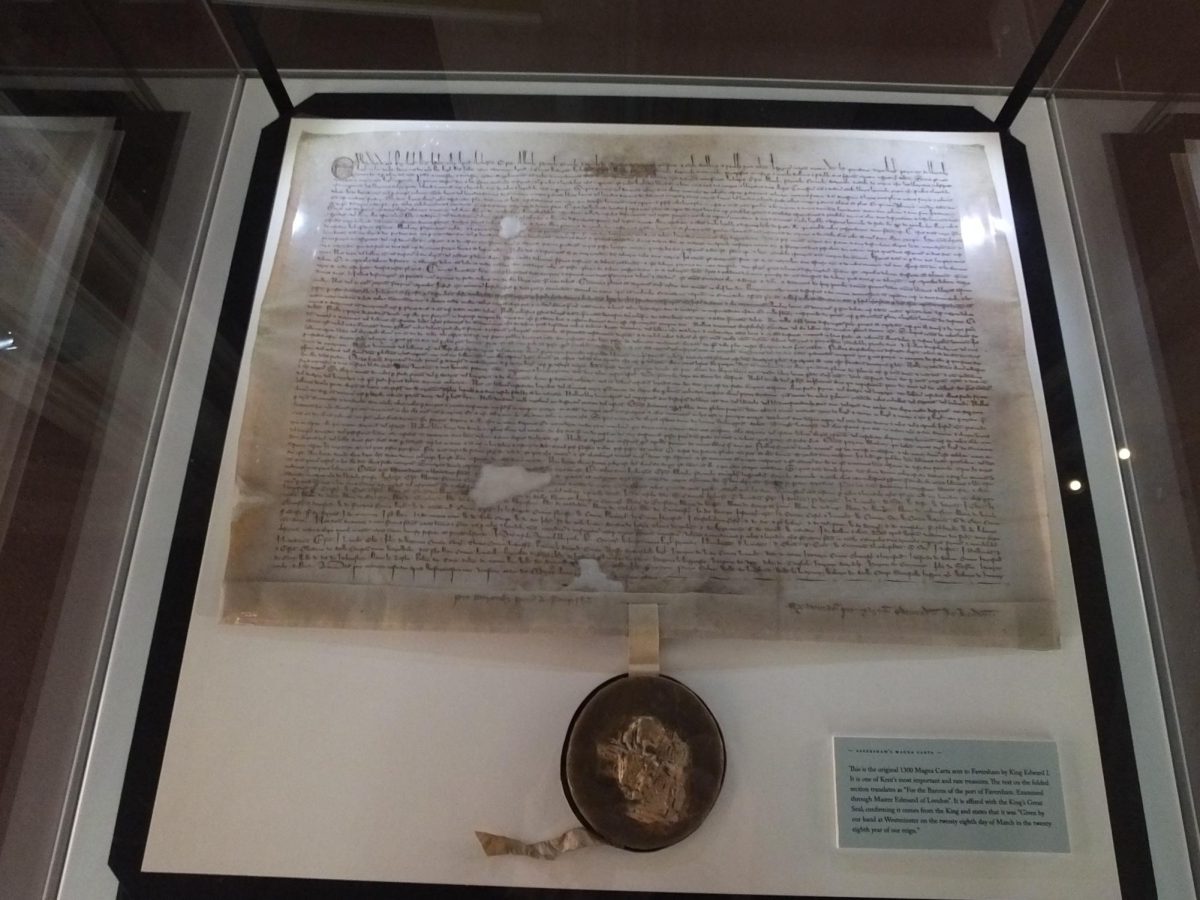On Tuesday, April 9, Arizona’s highest court resolved to reinstate an 1864 law placing a near-total ban on abortions in the state. This decision, slated to go into effect in the coming weeks, has come in response to former President Trump’s controversial move to grant states authority over abortion regulations. The verdict has thrust the battleground state into the spotlight, as Arizona finds itself at the forefront of a decisive debate that just might upend the 2024 race.
The issue of abortion has been a point of contention in Arizona ever since the overturning of Roe v. Wade in 2022. Debates following the ruling have primarily been centered around whether to resurrect an 1864 law, codified again in 1901 and 1913, outlawing abortion from the moment of conception, except when necessary to save the life of the mother. The law, if invoked, will make performing an abortion punishable by two to five years in prison, according to BBC News, and if doctors do not comply with such standards, they may also face fines. Additionally, the law offers no exceptions for cases of rape or incest.
With the election drawing near and Arizona being a pivotal battleground state in the race, the ban places Republicans in a precarious position. Much is on the line, epitomized by the reported 11,000 votes that separated the two presidential candidates in the 2020 election. However, the stakes are highest for Trump, who on April 8 made the contentious comment that states should have the authority to determine reproductive rights.
According to a Fox News poll in March, 39% of Arizona voters indicated that abortion is a motivating issue in deciding their vote for president. The poll also found that those who supported Biden in the 2020 election were almost twice as likely to emphasize the importance of the issue in their vote. These findings ultimately underscore the critical importance of the issue of abortion rights in determining the outcome of the narrow presidential election. Moreover, with Trump under fire and much speculation surrounding the broader Republican shift on abortion, the Arizona ban could prove pivotal in igniting popular support and galvanizing voters for Biden.
In reaction to public outcry, Trump, as reported by The New York Times, commented that the Arizona abortion ban went too far and that things would be “straightened out” with time. He further assured that the state would be “brought back into reason” while staunchly defending the repeal of Roe v. Wade and the “perfect system” that allowed for states to ban the procedure.
Ultimately, it is clear that Trump will be forced to take the defensive in the months leading up to the election as Democrats secure victories campaigning on women’s reproductive rights. Thus, the Arizona ban has not only supercharged political dynamics in the state but may also have unanticipated effects on the presidential election.
At the moment, while legal challenges are underway in lower courts, the enforcement of the ban remains in limbo. However, Arizona clinics may soon close their doors to women seeking abortions amid the uncertainty. Beyond Arizona’s borders, states like Oklahoma, Wisconsin, and Delaware face similar pressures to enact anti-abortion legislation, leaving the future of access to abortions for women in a precarious state of uncertainty.













